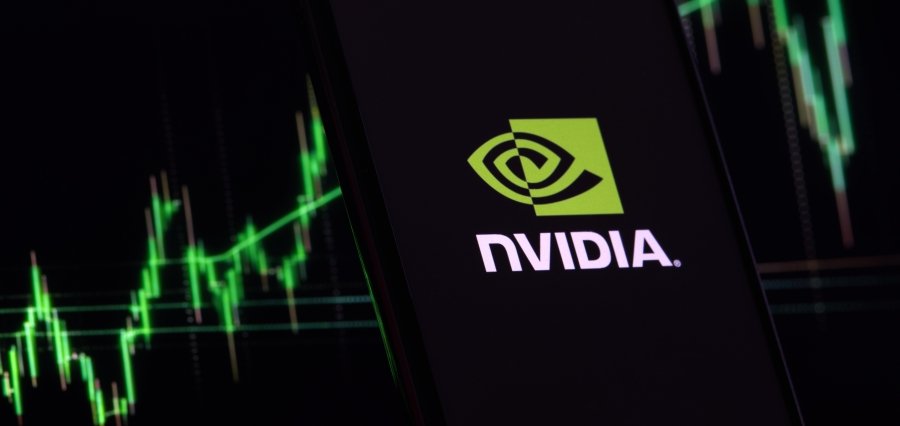Prime Highlights
- Nvidia posted record quarterly sales of $46.74 billion, a 56% jump from last year, with profits soaring 59% to $26.42 billion, cementing its position as the world’s most valuable chipmaker.
- CEO Jensen Huang emphasized the extraordinary demand for the new Blackwell Ultra AI chip platform, positioning it at the center of the global AI race.
Key Facts
- Nvidia projects $54 billion in revenue next quarter, slightly above analyst expectations, despite shares dropping over 3% in after-hours trading due to high market expectations.
- The company reported no sales to China this quarterdue to U.S. export restrictions, though a lifted ban on its H20 chip now allows sales with a 15% revenue levy to the U.S. government.
Background
Nvidia, the world’s most valuable chipmaker, reported record sales in its latest quarterly results, showing that demand for artificial intelligence remains strong despite ongoing debates about whether the technology is overhyped.
Santa Clara-based firm reported a 56 percent increase in revenue this year to $46.74 billion compared to the same period last year. Its net profit also increased 59 percent to a high of $26.42 billion, reaffirming its status as the most valuable semiconductor company in the world.
Nvidia CEO Jensen Huang highlighted the accelerating production of the Blackwell Ultra platform, the company’s latest high-performance AI chip system. “The AI race is on, and Blackwell is the platform at its centre,” Huang said, calling current demand “extraordinary.”
In the next quarter, Nvidia anticipates a revenue of 54 billion, slightly above what the analysts project. However, despite these robust results, shares dropped more than 3% in after-hours trading, reflecting the market’s elevated expectations for the $4.4 trillion company.
A key point in the report was Nvidia’s absence of sales to China during the quarter, following US export restrictions on advanced chips. Recently, the Trump administration lifted a ban on Nvidia’s H20 chip, designed for China, but required the company to pay the US government 15% of its China revenues. While this opens new opportunities in the world’s second-largest economy, Beijing has advised local firms to limit business with Nvidia, creating uncertainty.
Nvidia has been at the center of the AI boom, and big tech companies such as Microsoft, Amazon, and Meta are spending significant amounts of money on AI infrastructure. With a more than 30 percent jump in 2025 alone, Nvidia has multiplied its stock by more than 11 times since early 2023.
Industry observers have yet to agree on the sustainability of the AI development and whether it is a bubble, but recent Nvidia performance suggests that its dominance in the industry is hardly declining.
Read Also : Target Appoints Michael Fiddelke as Next CEO to Lead Growth and Rebuild Investor Trust







